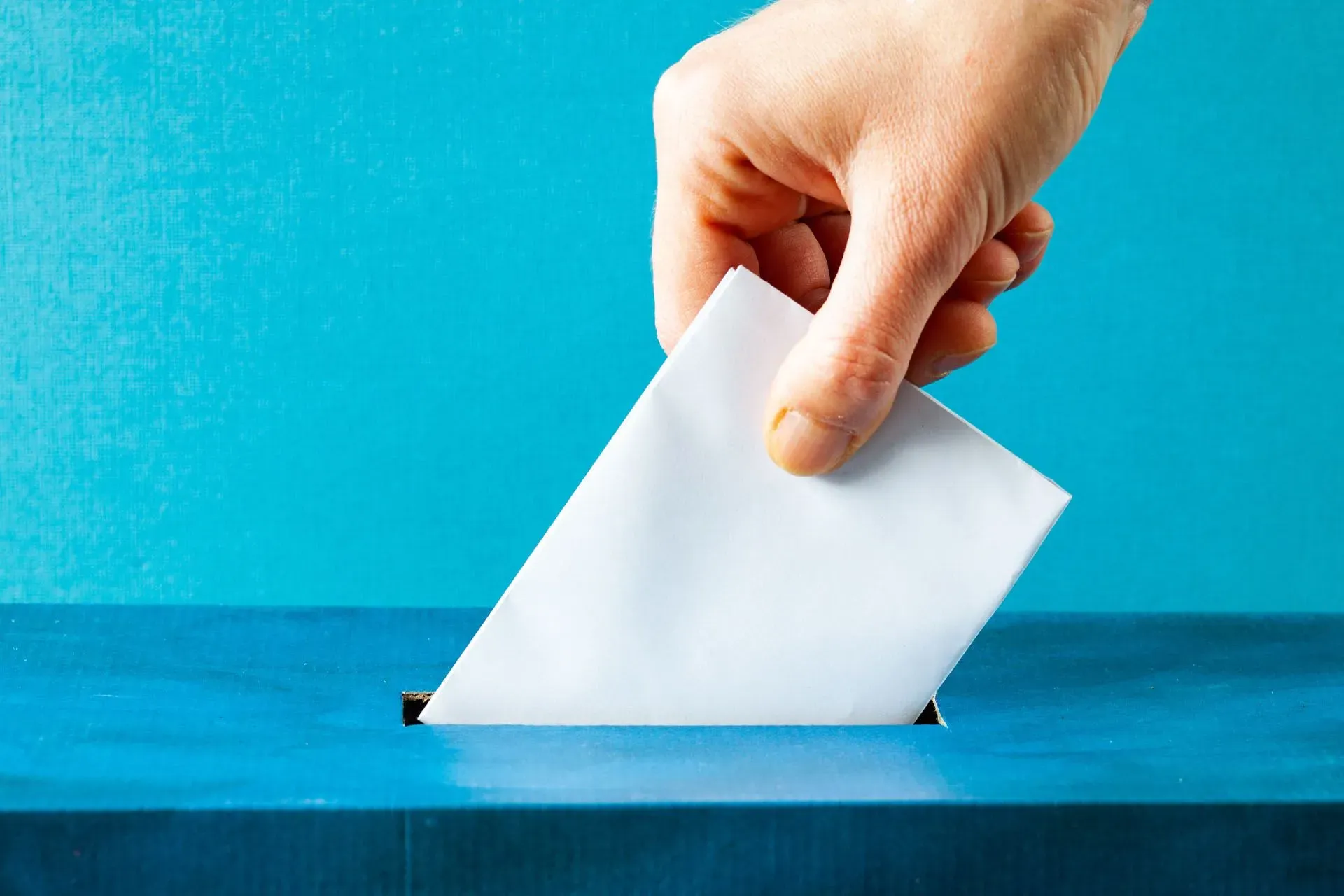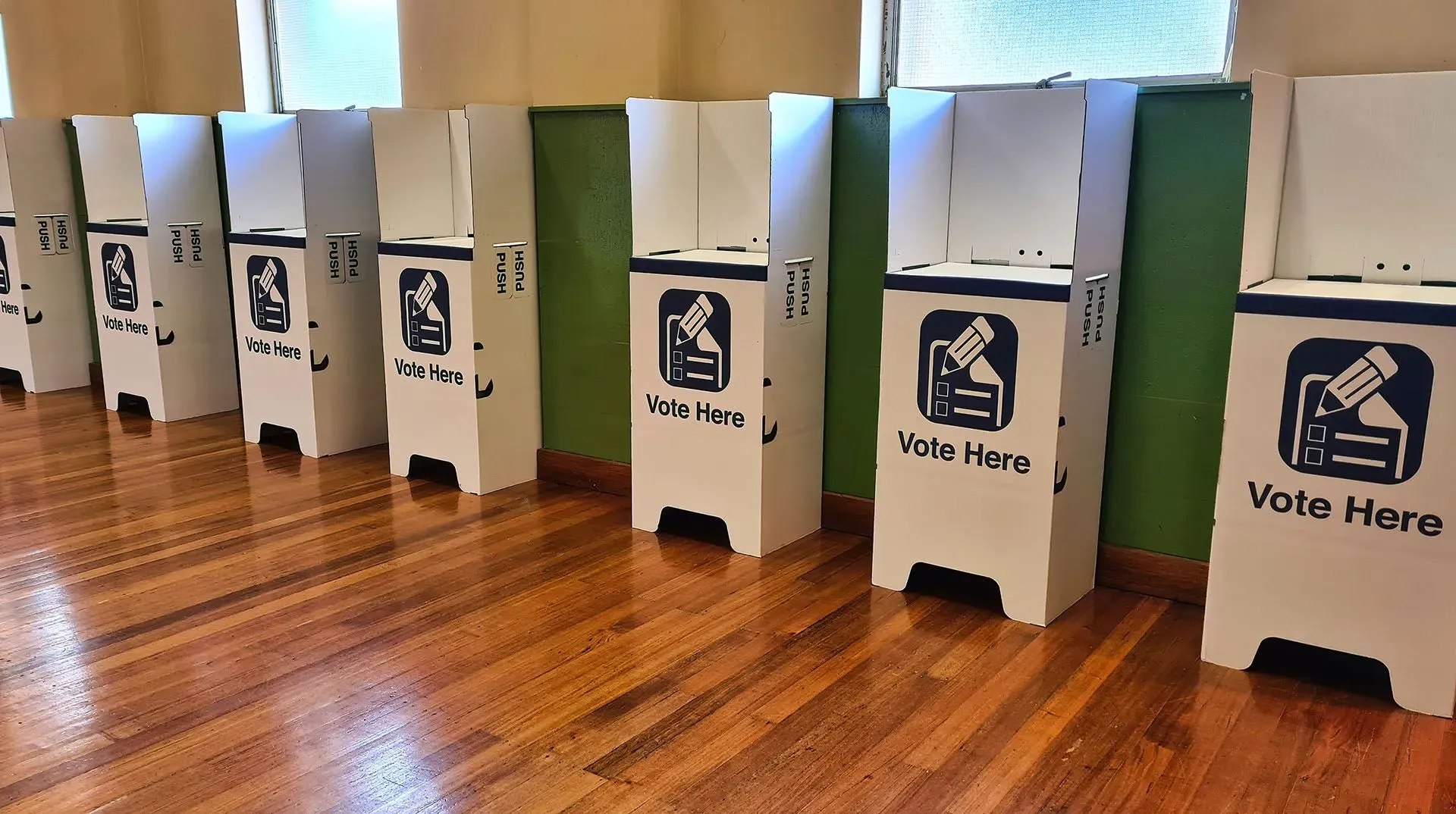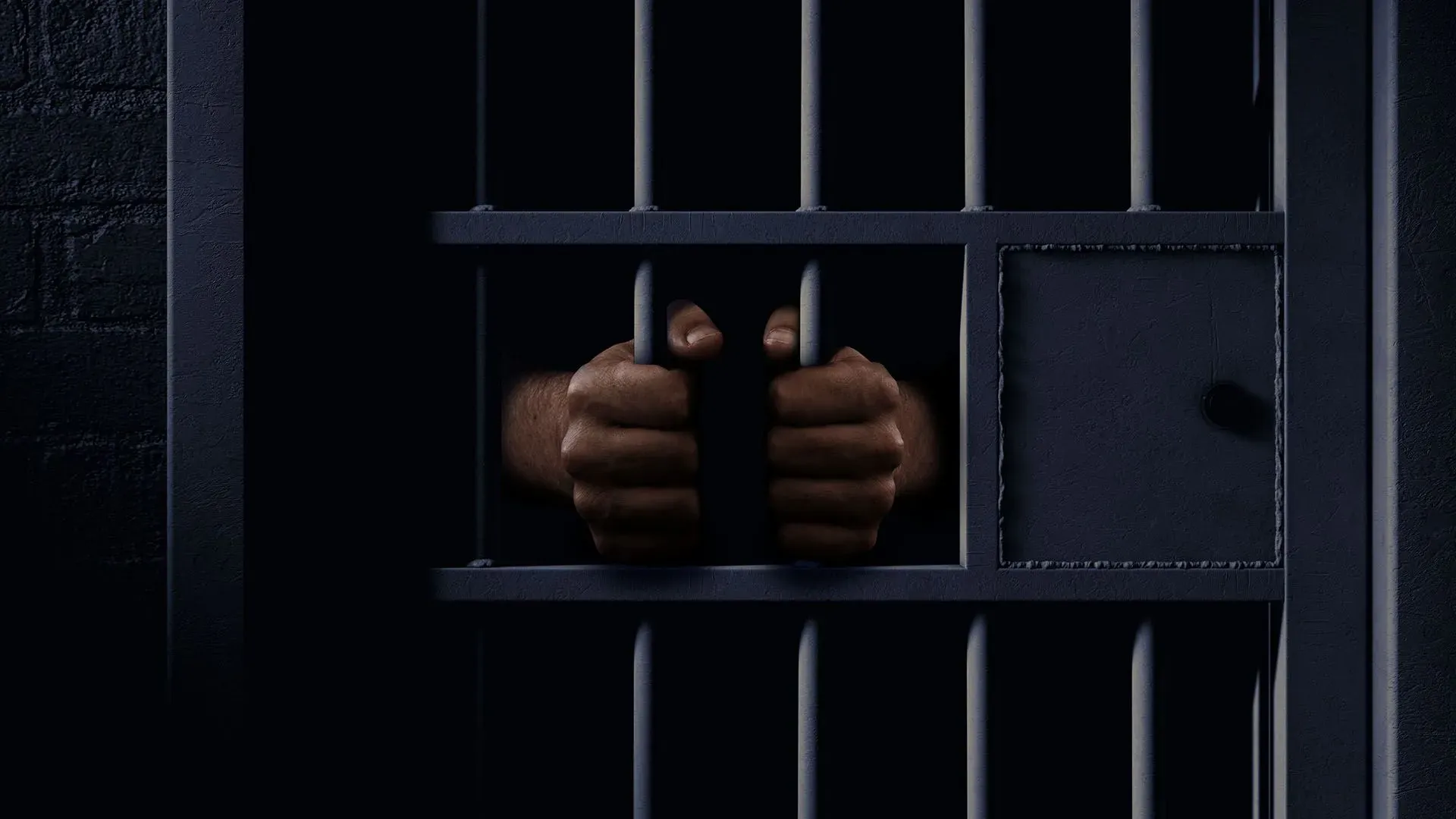As a lawful citizen, it is everyone's duty to exercise their right to vote. But what if you cannot vote due to personal reasons, can you go to jail for not voting in Australia? Whether you are faced with unforeseen circumstances, health issues, or other challenges preventing you from casting your vote, it's important to understand the legal implications. In this blog, we'll delve into the legal obligations of voting, the consequences of non-compliance, and the steps you can take to avoid potential penalties.
Is voting compulsory in Australia?
Australia started implementing compulsory voting in 1915 during the state election in Queensland. After that, more people in Queensland voted in state and national elections compared to the rest of the country. Due to this, the government made a rule in 1924 that everyone has to vote in the national elections. Currently, everyone needs to vote when there is a state and federal election. However, in some other states, voting for the local government may not be required.

Who has the right to vote in federal elections under Australian electoral laws?
In an Australian federal election, the right to vote is granted to Australian citizens who meet certain eligibility criteria including:
Australian Citizenship
Only Australian citizens have the right to vote in federal elections. Permanent residents, temporary visa holders, and non-citizens are generally not eligible to vote.
Age Requirement
Eligible citizens must be at least 18 years old on the day of the election. However, individuals can enroll once they turn 16, and some states and territories allow individuals age 16 and 17 to vote in state and local government elections.
Enrollment
All eligible citizens are generally required to enroll on the electoral roll. While enrollment automatically happens as soon as an individual turns 18 years old, everyone can also choose to enroll on their own. It's important to keep enrollment details up to date to ensure accurate representation within the electoral commission
Compulsory Voting
Once enrolled, eligible citizens are legally required to vote in federal elections. This is a distinctive feature of the Australian electoral system, and failure to vote without a valid reason may result in a fine.
It's important for eligible citizens to be aware of these criteria and fulfill the necessary obligations to ensure their right to vote in federal elections. The Australian Electoral Commission (AEC) manages the electoral roll and provides information to assist citizens in meeting these requirements.
What is the difference between not enrolling and not casting a vote?
In the context of Australian federal elections, not enrolling and not voting refers to different aspects of the electoral process.
Not Enrolling
The electoral roll basically consists of a list of eligible voters for a particular electoral division. If an individual does not enroll to vote, it means that he fails to register on the electoral roll. Hence, this is a violation of electoral laws. Australian citizens are required to enroll once they turn 18. If they fail to do so, they can face potential penalties. In other words, an individual cannot participate in the voting process without enrollment.
Not Casting a Vote
On the other hand, not casting a vote means being enrolled but choosing not to vote on election day. While voting is compulsory in federal elections in Australia, enrolled individuals who are not voting are subject to fines unless they have valid and sufficient reasons. While these two actions are different, both have consequences under the Australian electoral law, with penalties for failing to enroll and failing to vote without a valid reason.
What happens when you do not vote?
All eligible Australian citizens are required to vote during federal elections. However, if a citizen is unable or chooses not to vote, certain procedures must be followed in place.
Identification of Non-Voters
Every election, a voter lists is prepared to identify those wo will vote and those who won't. Copies of these lists are given to each polling booth during the election. When a voter gets their ballot paper, the staff at the polling booth marks their name off the list. This way, they can keep track of who has voted and who hasn't.
Penalty Notice
Within three months after polling day, the Divisional Returning Officer (DRO) must mail a vote notice to each eligible voter on the list of non-voters. The notice informs the voter that they may have failed to vote without a sufficient reason and that they have 21 days to respond.
The notice advises the voter that they can avoid legal proceedings by either providing a sufficient reason for not voting, or paying a $20 penalty to the DRO . Hence, only voters who have died, were absent from Australia, were ineligible to vote, or have already provided a valid reason for non-voting will be exempted.
Valid and Sufficient Reason
If an enrolled voter is unable to vote on election day, they will be given the chance to provide a valid and sufficient reason for not voting. Valid reasons include:
- illness
- travel
- religious beliefs
other substantial reasons accepted by the AEC

Expiation Notice (Second Notice)
If you do not respond to the vote notice indicating the apparent failure to vote or if you don't provide a valid and sufficient reason for not voting, you will be issued an expiation notice under the Expiation of Offences Act. The expiation includes a $10 fee for the offence and a $94 victims of crime levy.
As outlined in the Expiation of Offences Act, you can handle the expiation notice with either of the following options:
- pay the fine for not voting
- set up a payment arrangement
- opt for prosecution (have the matter addressed in court)
- request a review of the expiation notice
You may offer valid and sufficient reasons at any point, and you won't move on to the next step in the process.
Expiation Reminder Notice (Third Notice)
If at this point you don't respond to the two previous notices, a reminder notice will now be issued requiring you to pay the original fine with an additional fee of $68. The expiation includes a $10 fee for the offence and a $94 victims of crime levy. Overall, you will now have to pay a total amount of $172.
As outlined in the Expiation of Offences Act, you can handle the expiation notice with either of the following options:
- pay the fine for not voting
- set up a payment arrangement
- opt for legal proceedings (which involves addressing the matter in court) or
- request a review of the expiation notice.
You may offer valid and sufficient reasons at any point, and you won't move on to the next step in the process.
Notice of order of enforcement
The Electoral commissioner will transfer the case to the Fines Enforcement and Recovery Unit, after you have been issued 3 notices and you:
- fail to pay the fine
- was not able to fine a valid and sufficient reason for not voting
The Fines Enforcement and Recovery Unit is responsible for issuing an enforcement order notice, which imposes substantial financial penalties on top of the existing fines.
What are the potential penalties and other repercussions for not voting?
According to Section 245 of the Commonwealth Electoral Act 1918 (Electoral Act), every elector is required to vote at each election. However, for non-voting instances, a follow-up case should be provided. Hence, the fine for not voting can significantly depend on whether the individual has a valid reason or not.
Fines
Depending on the state or territory, a person who fails to vote without a valid and sufficient reason can be charged with:
Imprisonment
Australia is one of the many countries that actively enforce mandatory voting laws. And as part of the electoral system, failing to vote is subject to penalties. If you pay the fine, you will be exempted from prosecution. But if you fail to pay for the fines due to not voting, then you can indeed be prosecuted. So, can you go to jail for not voting in Australia? While not voting itself will not lead you to imprisonment, not paying fines can.
What steps can be taken to avoid legal consequences, including imprisonment, for not voting?
In Australia, voting is not only a civic duty but a legal requirement, and failure to fulfill this obligation may lead to legal consequences. To avoid these, one must do the following:
Vote
The simplest and easiest way to avoid legal consequences is to fulfill the legal obligation by casting a vote in federal elections. If you have no important reason to skip voting, it's advisable to actively participate in this democratic process.
Provide a Valid Reason
If you are unable to vote, you must at least provide a valid and sufficient reason to the Electoral Commissioner so you won't be issued with further notices and fines.
Respond to Notices
On the other hand, if you have already been issued with a notice for apparent failure to vote, you must respond promptly by providing a valid reason or paying any associated fines to avoid further legal action.
Stay Informed and Cooperate
Always stay informed about electoral laws and regulations to understand the obligations and consequences related to voting. Be updated with enrollment details to ensure accurate representation in the electoral division. More importantly, respond to communications, and follow any procedures outlined in penalty notices or legal notifications.
Takeaway
If you are facing the possibility of jailtime from not paying fines due to not voting, you need the help of a criminal lawyer to guide you through the complexities of your case. At Andrew Byrnes Law Group, we navigate various legal matters including electoral offences. Our experienced legal team understands the intricacies of non-voting fines and can develop a strategic approach to your defense. Call us today to book a free meeting with one of our high caliber lawyers.
'
Date:
May 25, 2025
Author:
Andrew Byrnes
/
Managing Partner





















.jpg)
.jpg)
.jpg)
.jpg)

